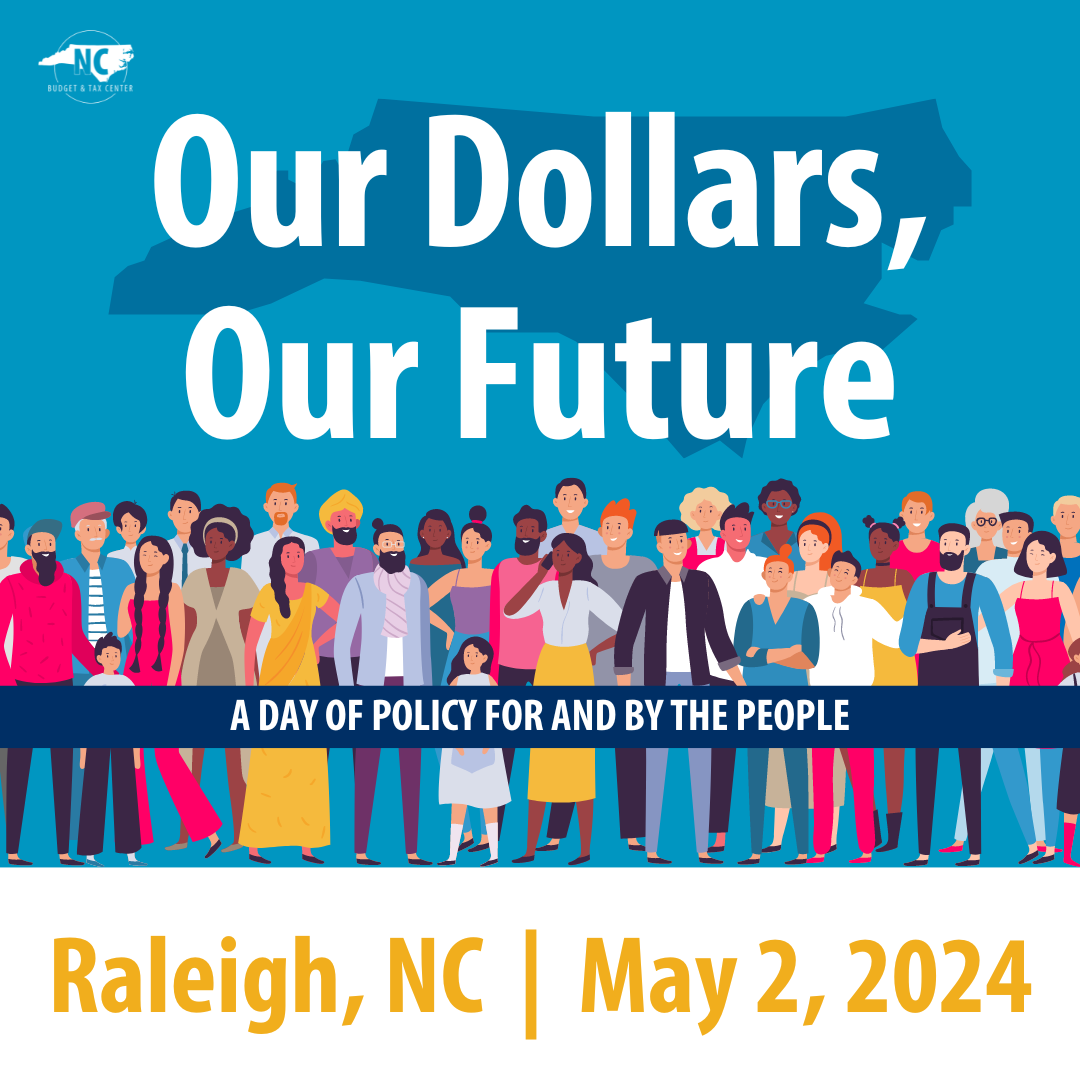
Our union and management ratified a new Collective Bargaining Agreement!
This January, BTC reached an important milestone for our organization: We ratified the first Collective Bargaining Agreement (CBA) negotiated between our staff union and BTC’s management. As we shared on our blog last year, having a unionized workplace is one of the ways that BTC puts our values into action inside our organization. As an affiliate of the National Organization of Legal Service Workers, which represents workers in advocacy and legal aid non-profits across the country, our staff union is also proud to be part of the growing wave of non-profit workers improving their workplaces through unionization.
Some of the key changes in our new CBA reflect our commitment to economic justice. We’ve published research over the past year on how working people have been hit hard by inflation, and so our CBA includes a cost-of-living adjustment (COLA) to staff salaries. To build greater equity into salary changes, we implemented a progressive COLA, so that staff with the lowest salaries get the biggest percentage increase in their pay. Our CBA also puts in place a provision for regular review of our salary structure to identify whether staff salaries align with our goal for an equitable pay structure. This includes ensuring that staff of color, women, and gender-diverse staff receive comparable pay for similar work done by white and male staff.
The new CBA also has expanded leave policies, recognizing how important it is to ensure staff have time and space for rest and for supporting their families. This includes expanded parental leave, which we know is crucial both for parents’ and kids’ health and for family economic security. And the agreement establishes BTC’s first sabbatical policy, which provides the opportunity for extended time off for long-time employees.
Unionization is about much more than our salaries and benefits; it’s about transparency and opportunities for staff to shape BTC’s trajectory. In addition to CBA negotiations, throughout 2022 everyone at BTC worked together to discuss and identify our organization’s values. Through that process we named that we believe transparency, open communication, and accessible information are key elements of one of our core values of inclusion¸ both in the policy-making process and within our organization. The ratified CBA includes several provisions that clarify how decisions get made at the organization and ensure that certain types of information are available to all staff.
For example, we’ve established a Labor-Management Committee to bring together members of the bargaining unit and management for collaborative and proactive planning around key workplace topics. (In the spirit of collaboration, this blog post was also co-authored between our Executive Director — Alexandra — and our union chair — Logan.) Another provision is focused on transparency around the organization’s budget, including regular reports on spending and fundraising, and an opportunity for bargaining unit members to participate in discussions about certain major spending decisions. Considering that BTC’s external work is deeply focused on transparency and opportunities for input in the state budget process, these elements of the CBA bring our internal practices into greater alignment with our state budget advocacy. With greater transparency comes opportunities for mutual accountability to BTC’s strategic direction and mission that holds promise for distributing leadership across our organization on a range of organizational efforts.
We’re proud of what we accomplished through bargaining and ratifying our new CBA. But we also want to recognize that the process wasn’t always easy. Bargaining — like all kinds of participatory and democratic decision making — takes time and a lot of work, including challenging conversations about how to balance different goals and constraints. When we advocate for more transparent and democratic policy-making processes for our state and at our organization, it isn’t because we think it will be easy. We do it because people should have a say in the policies that shape their lives, and because we believe it will get us to the better outcomes we all want.




